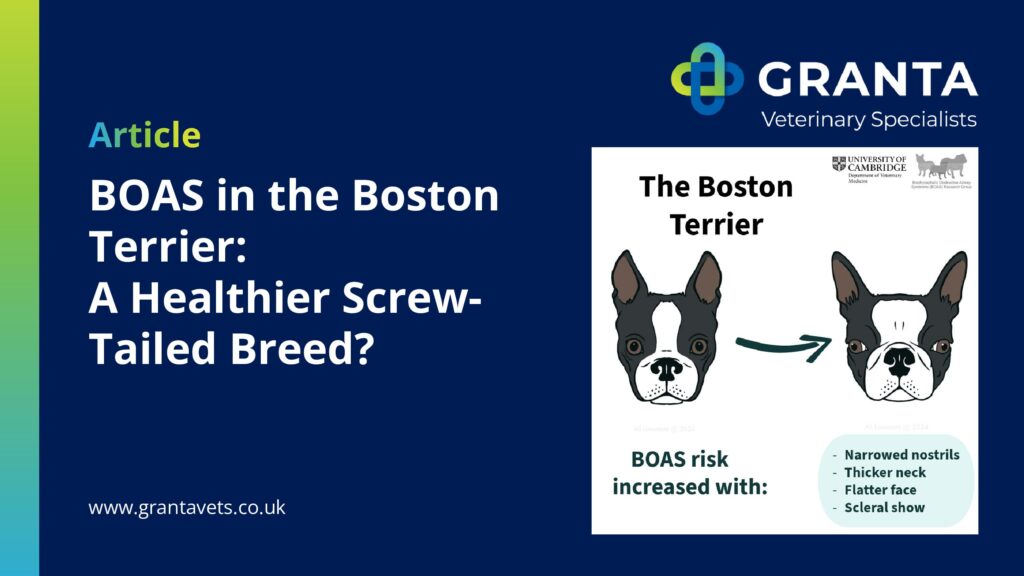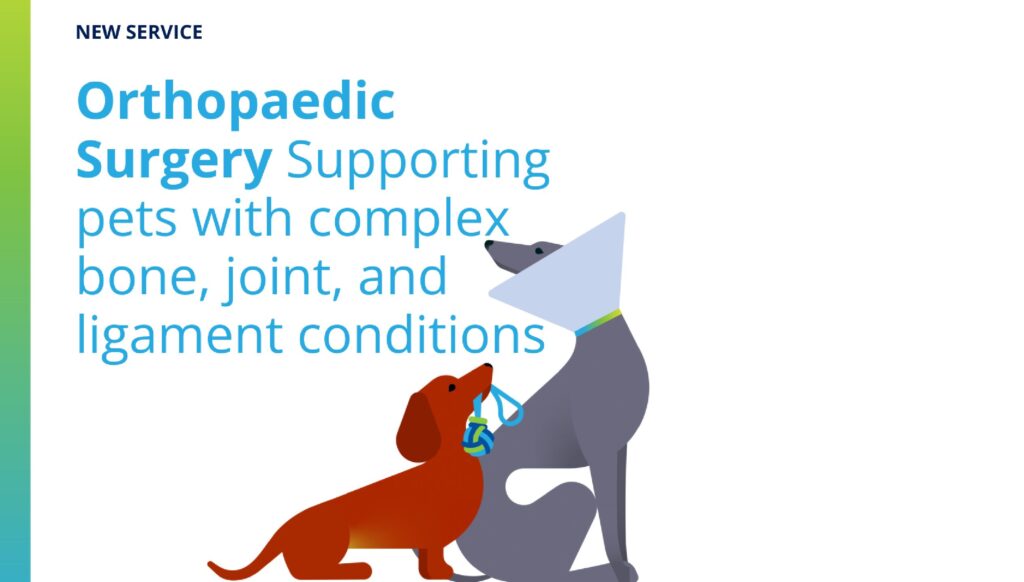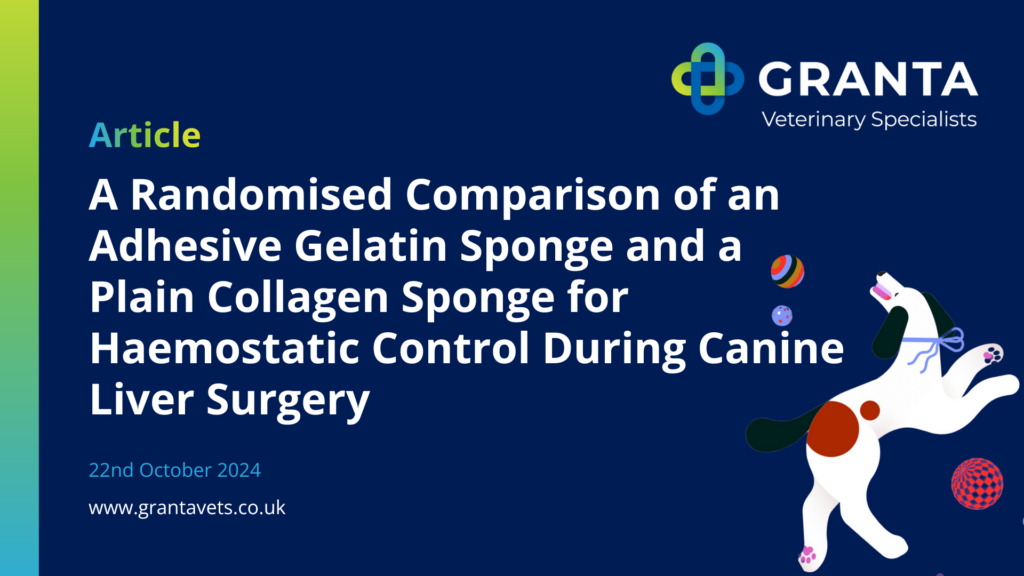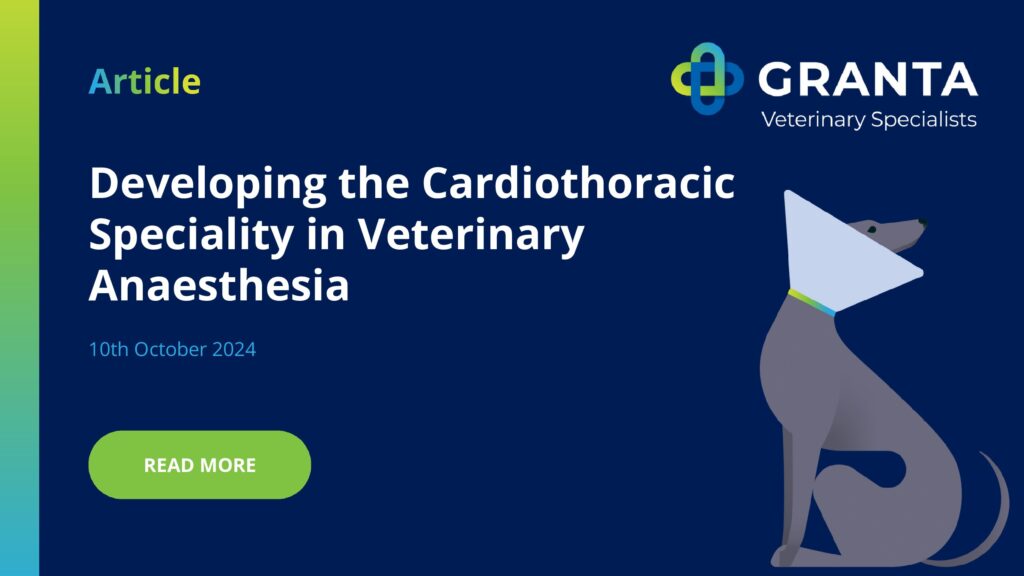Statement on the CMA’s Investigation into the Veterinary Sector
Friday February 7, 2025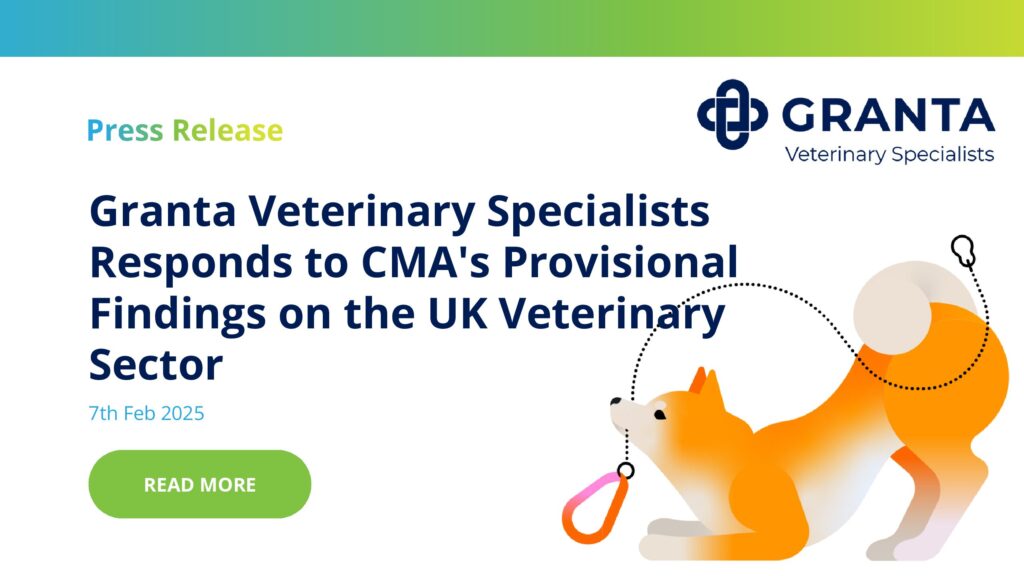
The Competition and Markets Authority (CMA) published the provisional findings of its investigation into the UK veterinary sector yesterday. This investigation reflects growing concerns about competition, transparency, and the impact of corporate ownership on pet owners’ ability to make informed decisions regarding their pets’ healthcare.
The CMA’s review highlighted several key concerns in its provisional findings:
- Limited Transparency: Many pet owners face challenges in accessing clear, comparable information on pricing, treatment options, and the ownership of veterinary practices. The CMA found that a significant number of veterinary practices do not provide basic pricing information, making it difficult for consumers to make informed choices.
- Rising Costs: Veterinary service prices have increased significantly above inflation in recent years. The CMA noted that treatment costs rose by over 60% between 2015 and 2023, outpacing general service inflation.
- Consolidation of Veterinary Practices: The sector has experienced extensive consolidation, with large veterinary groups now owning around 60% of practices in the UK. This has raised concerns about reduced competition and limited consumer choice, particularly in regions where only a few providers operate.
- Regulatory Gaps: The existing regulatory framework, established in 1966, has not kept pace with changes in the industry. The CMA expressed concerns that current regulations do not adequately address the influence of non-veterinary business owners on clinical decisions and pricing.
As an independent, specialist referral clinic, Granta Veterinary Specialists fully supports the CMA’s efforts to promote transparency and fairness within the veterinary sector. We believe that pet owners deserve comprehensive, unbiased information to help them choose the most appropriate care for their pets. This aligns with the principles set out in the Royal College of Veterinary Surgeons (RCVS) Code of Professional Conduct, which emphasises informed consent and clear communication.
Why Referral to a Specialist Centre Like Granta Matters:
- Advanced Expertise: Our veterinary surgeons are board-certified Specialists, having completed rigorous postgraduate training and examinations at the highest (Diploma) level. This ensures that their clinical knowledge, decision-making, and surgical skills are held to the highest standards, beyond those of Certificate holders or Advanced Practitioners.
- Specialist Facilities: Our clinic is specifically equipped for advanced multidisciplinary care, featuring state-of-the-art equipment such as HEPA-filtered operating theatres, a CT scanner, intraoperative imaging, and fully staffed around the clock inpatient care. These facilities exceed what is typically available in general practice.
- Exceptional Nursing and Anaesthesia: Our experienced nursing team and anaesthesia Veterinary Specialists ensure the highest level of patient safety and comfort. We routinely use advanced pain management techniques, including local nerve blocks and patient-tailored protocols for quicker, smoother recoveries.
- Continuous Support: Our team is accessible 24/7 to support both pet owners and referring vets, providing expert advice whenever it is needed, including out-of-hours support for urgent concerns.
- Transparent, Competitive Pricing: As an independent practice, we offer cost-effective specialist care without the overheads associated with large corporate referral networks. This allows us to provide excellent value without compromising quality.
The Importance of Transparent Referral Practices:
Referring vets play a pivotal role in guiding pet owners through complex treatment decisions. A transparent, well-managed referral process fosters trust between vets and clients, ensuring that owners feel confident in the care their pets receive. Issues can arise when referral decisions are influenced by corporate interests, such as preferential referrals within a corporate group, without fully disclosing alternative options to pet owners.
The CMA’s investigation scrutinised whether corporate veterinary groups are prioritising internal referrals to their own referral centres or peripatetic services. While this is not inherently problematic, transparency is key. Pet owners must be informed of all suitable referral options, both within and outside corporate networks, to make decisions based on what is best for their pets.
We welcome the CMA’s provisional findings and support their recommendations aimed at enhancing transparency, promoting fair competition, and ensuring pet owners have the information they need to make informed choices. For a detailed overview of the CMA’s Working Papers, you can read it here: Overview of Working Papers.
